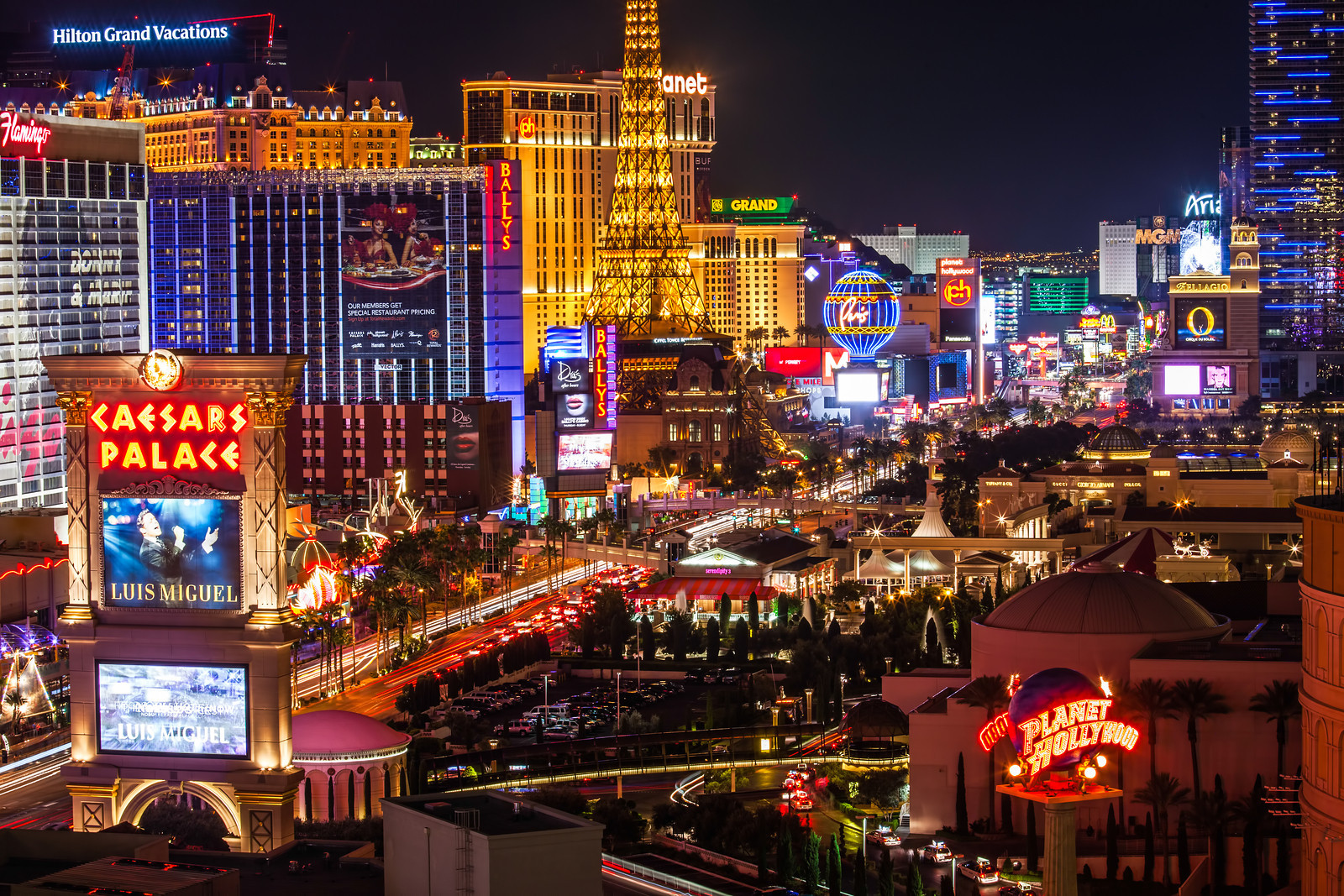
Problem Gambling Study Pins Nevada as “Most Addicted” State, Hawaii Comes in 27th

Likely of little surprise to you, a new problem gambling study found that Nevada is more addicted to casinos than any other state. (Image: James Brandon Photography/jamesb.com)
Problem gambling affects only about two percent of all adults in the United States, drastically less compared to alcoholism that is estimated to be more than 10 percent, but the consequences of those afflicted with excessive wagering is significant.
According to the National Council on Problem Gambling (NCPG), the social cost of obsessive gambling in the United States accounted for $6 billion in 2013, and that number is rapidly increasing each year as additional states legalize casinos.
WalletHub, a personal finance website based in Washington, DC, wanted to explore which states in the union were most addicted to gambling.
“The gambling problem . . . is much bigger in some states than in others,” WalletHub declared. “With the upcoming Kentucky Derby reminding Americans to have fun while keeping their gambling habits in check, WalletHub’s analysts compared the 50 states to determine where the problem of excessive gambling is most prevalent.”
Nevada not so surprisingly claimed the top spot, as the Silver State is home to the most casinos and most gaming machines per capita. Also rather foreseeable is that Utah, a deeply religious state whose majority of residents associate with the Church of Jesus Christ of Latter-day Saints, comes in at #50.
What is noteworthy from the WalletHub study is that Hawaii, a state free of any form of legalized gambling or lottery, comes in as the 27th most addicted state. Hawaii has long battled elevated drug and alcohol addiction rates among its citizen, and while it’s tried to eliminate gambling from the equation, its strategy isn’t adding up.
Challenging Study
WalletHub’s methodology boiled down to two key sections, “Gambling-Friendliness” of states and their respective “Gambling Problem & Treatment” programs. Using a weighted analytics scale, the total number of commercial and tribal casinos and percentage of adults aged 18 and older with gambling disorders were the heaviest contributing factors.
The amount of casinos represented 25 percent of the “Gambling-Friendliness” score, and the number of gaming machines per 1,000 residents accounted for 17 percent.
An obvious potential flaw in the WalletHub report is that nowhere does it address each state’s tourism statistics.
Nevada is indeed addicted to gambling for the revenues the industry generates annually for the state, but that isn’t to say its residents are compulsively attached to casinos. Lottery sales, perhaps a more reasonable indicator of residents’ gambling behaviors, was allocated just 5.83 points of the total 70 in the “Gambling-Friendliness” dimension.
Poker Addiction
Pinpointing which state’s population is specifically most addicted to gambling is difficult if not impossible as residents travel into other states frequently to gamble and place wagers. Sports betting, for instance, is illegal in all but Nevada, meaning every problem gambler whose vice is sports gambling is going to go through Las Vegas, Reno, or perhaps an offshore website.
In nearly all jurisdictions with legalized gambling, states require commercial casino operators to implement safeguards to curb problem gambling.
They don’t always work.
Just this week, gambling regulators in Pennsylvania fined Philadelphia’s SugarHouse Casino on two separate incidences for allowing numerous poker players who had previously placed themselves on the Self-Excluded List to compete in the poker room.
With alcohol readily available and casinos open around the clock, the recipe for those prone to addiction is a dangerous cocktail.















0 Comments